Shinzo Abe assassination casts shadow on Japan election
Prime Minister Fumio Kishida and other politicians have insisted the shock killing would not halt the democratic process.
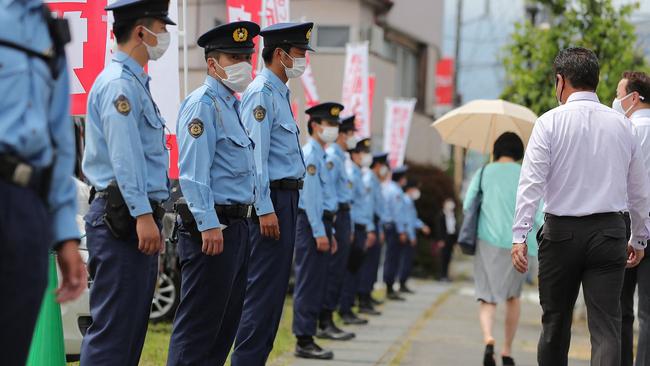
Japanese voters cast their ballots on Sunday in an upper house election, just two days after former prime minister Shinzo Abe was assassinated while on the campaign trail.
The election, which is expected to see Mr Abe’s ruling Liberal Democratic Party increase its majority, has been overshadowed by the murder.
But Prime Minister Fumio Kishida and other politicians have insisted the shock killing would not halt the democratic process.
“We must never allow violence to suppress speech during elections, which are the foundation of democracy,” he said on Saturday, as he campaigned across the country.
“Some people said that because of what happened, I ought to cancel my speech here in public asking for your vote. But as Japan’s prime minister, I believe it is my responsibility to carry through a free, fair and safe election to protect democracy.”
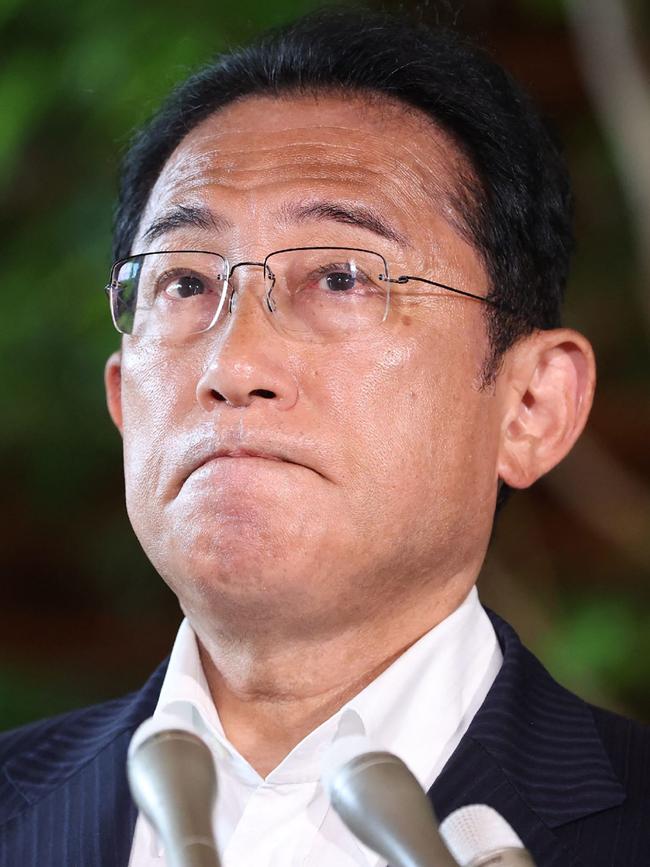
He also took time to pay condolences at Mr Abe’s family home in Tokyo, where the former prime minister’s body arrived on Saturday afternoon from a hospital in western Japanese city of Nara ahead of the funeral on Tuesday.
The assassination on Friday morning rattled the nation and sent shockwaves around the world, prompting an outpouring of sympathy even from nations with which the hawkish Mr Abe had sometimes difficult relations, including China and South Korea.
The man accused of his murder, 41-year-old Tetsuya Yamagami, is in custody and has told investigators he targeted Mr Abe because he believed the politician was linked to an unnamed organisation. Local media have described the organisation as religious and said Yamagami’s family had suffered financial trouble as a result of his mother’s donations to the group.
Mr Abe had been campaigning in the western region of Nara when Yamagami opened fire, and local police there on Saturday admitted “problems” with the security plan for the high-profile figure.
With little violent crime and tough gun laws, security at Japanese campaign events can be relaxed, though in the wake of Mr Abe’s murder, measures were beefed up for Mr Kishida’s remaining appearances.
In the weeks before elections, candidates crisscross their districts giving speeches at train stations and shopping areas, typically with little or no security. Television advertising plays less of a role than elsewhere because of rules limiting the type of ads candidates can run.
Security at polling stations on Sunday remained normal, however, with 79-year-old Takao Sueki saying he was voting with an eye on international instability, including Russia’s invasion of Ukraine.
“Watching the world now, I think every day about how Japan will manage with the situation,” he said. “This is a democratic country and I despise the use of violence to eliminate someone. I strongly believe that if people have disagreements, they should dispute them with dialogue.”
Police have promised a “thorough investigation” into what the head of the Nara regional police called “problems with guarding and safety measures” for Abe.
“I believe it is undeniable that there were problems with the guarding and safety measures for former prime minister Abe,” Tomoaki Onizuka said on Saturday evening. “In all the years since I became a police officer in 1995 … there is no greater remorse, no bigger regret than this,” the tearful police chief added.
Mr Kishida, 64, was once described as among Mr Abe’s favoured successors, and holds a solid majority in parliament along with coalition partner Komeito.
The LDP-led coalition controls a majority in the upper House of Councillors and is expected to retain it, according to polls. The LDP maintained its majority in the lower House of Representatives, the more powerful of the Diet’s two chambers, in a general election last October. Sunday’s election of the upper house has 125 of its 248 seats at stake.
Sunday’s vote is expected to cement the LDP’s hold on power, leaving Mr Kishida even better positioned to go into a “golden three years” in which he will face no further elections. But he faces policy headwinds, including rising prices and energy shortages, particularly after an early summer heatwave that led to a power crunch.
AFP
EDITORIAL P10
COMMENTARY P11

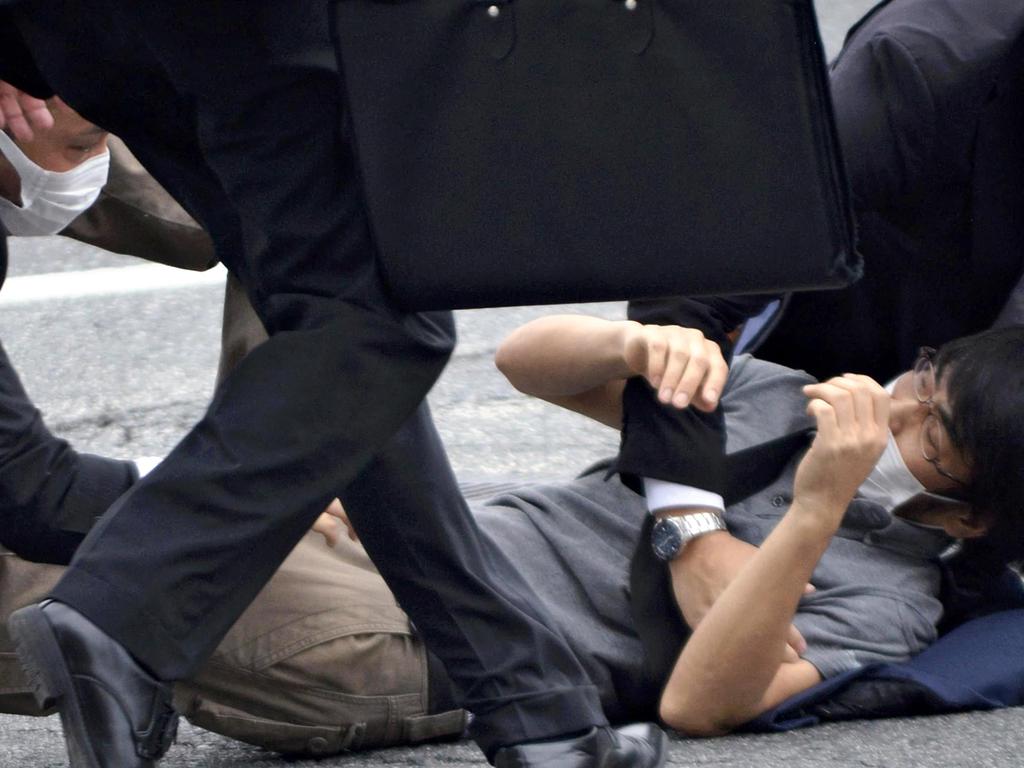
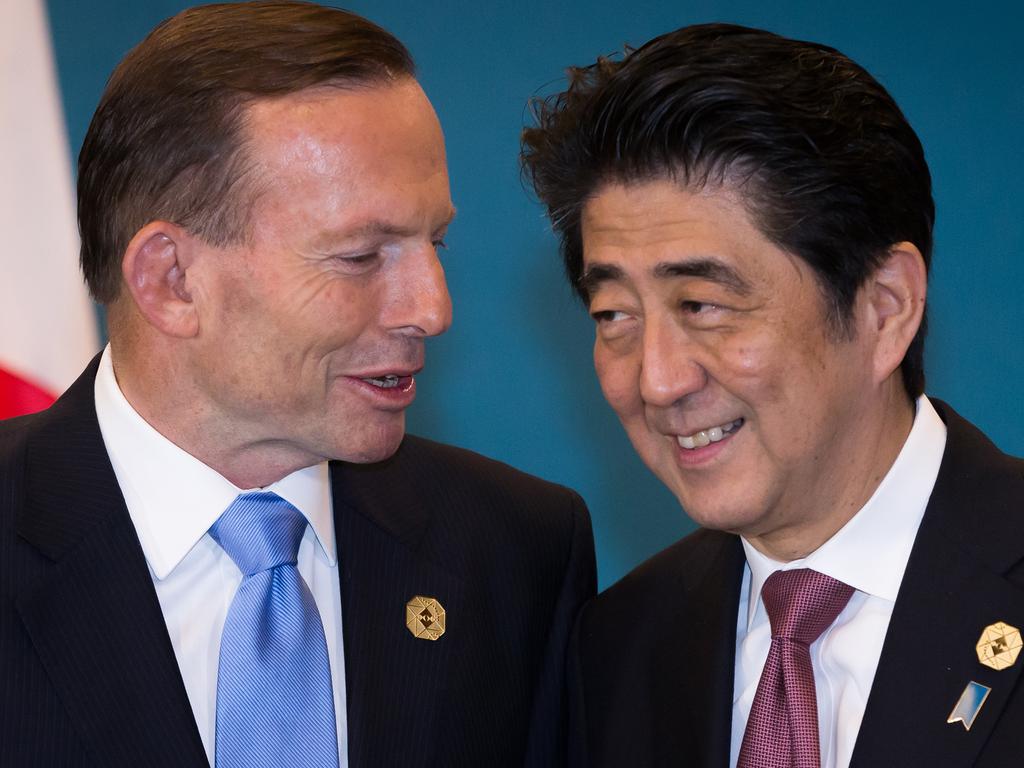
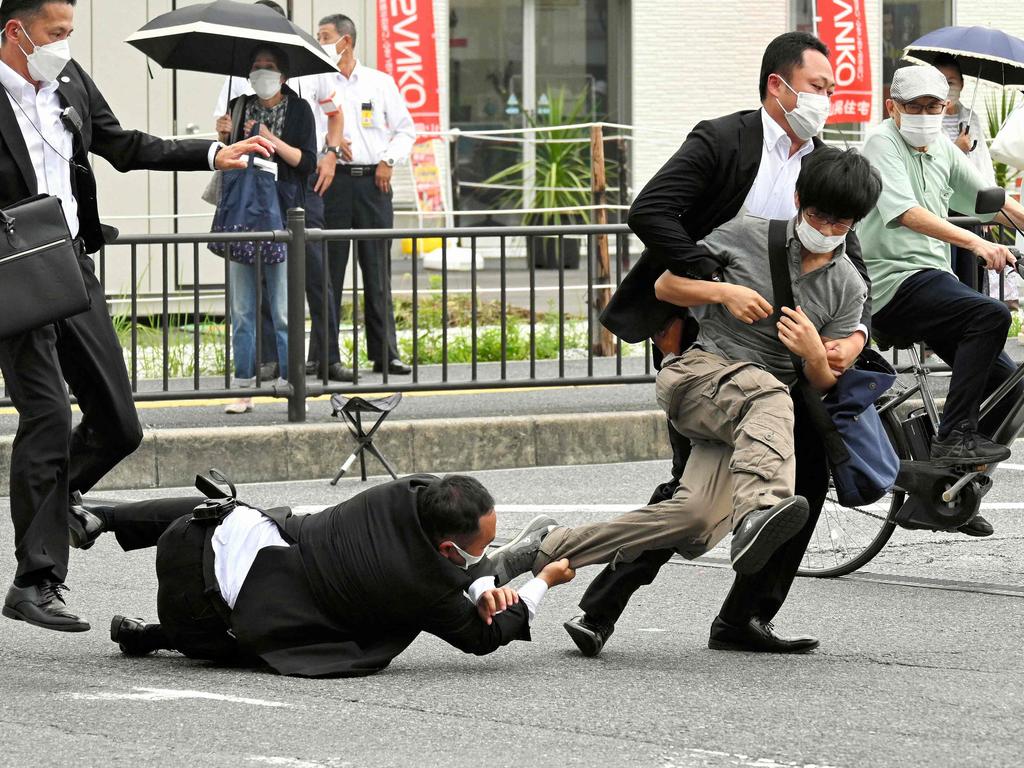
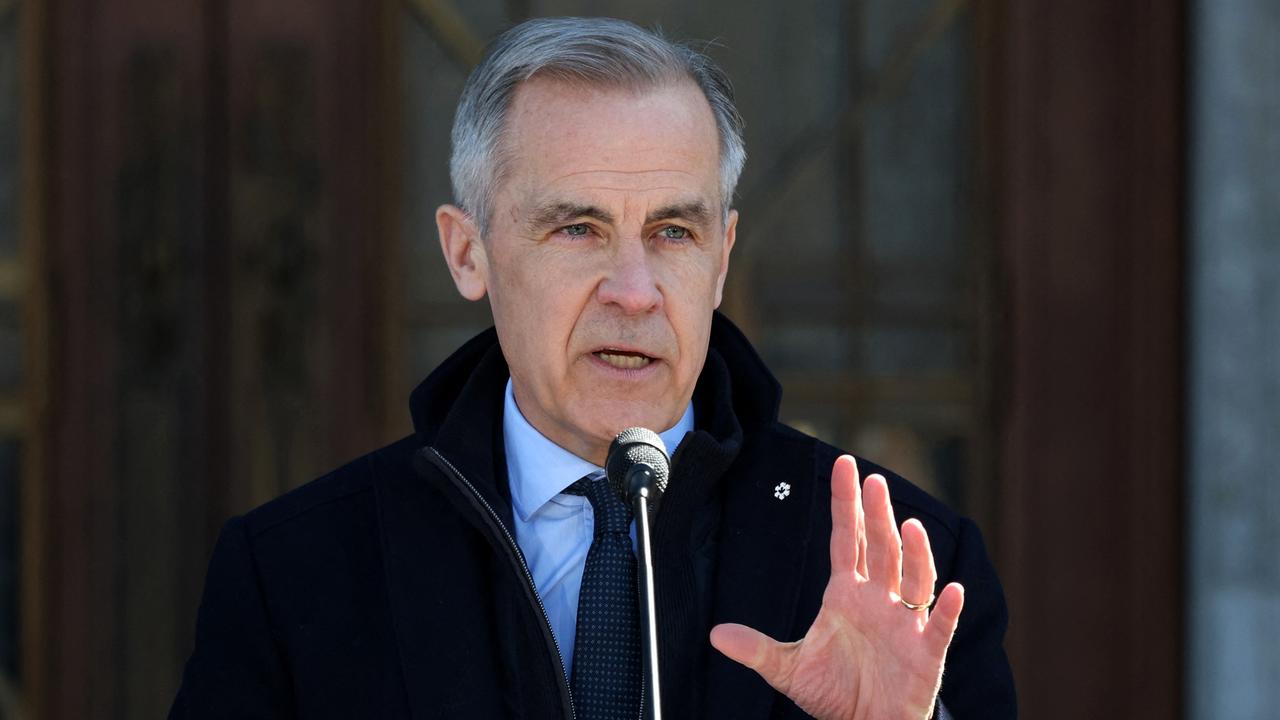
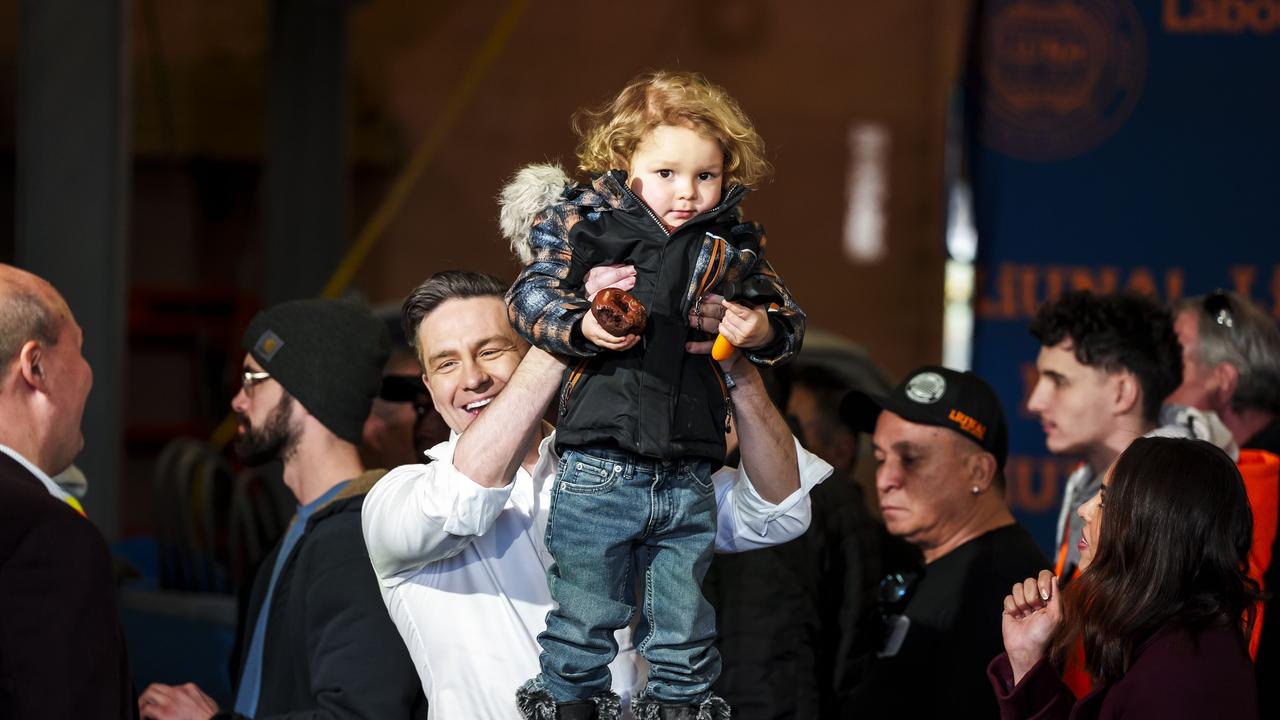
To join the conversation, please log in. Don't have an account? Register
Join the conversation, you are commenting as Logout